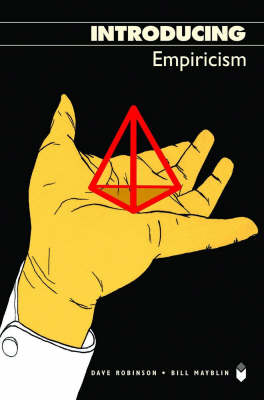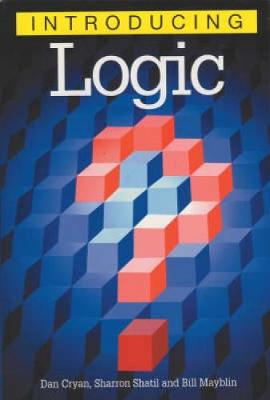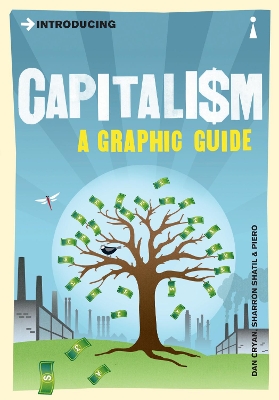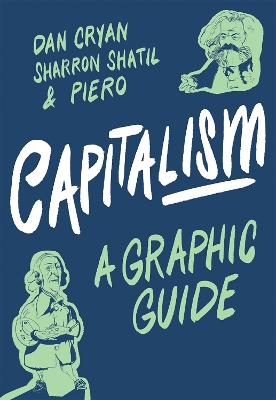Introducing...
6 total works
Introducing Graphic Guide box set - Think for Yourself
by Dave Robinson, Dan Cryan, and Sharron Shatil
Logic is the backbone of Western civilization, holding together its systems of philosophy, science and law. Yet despite logic's widely acknowledged importance, it remains an unbroken seal for many, due to its heavy use of jargon and mathematical symbolism. Introducing Logic follows the historical development of logic, explains the symbols and methods involved and explores the philosophical issues surrounding the topic. It will take you through the influence of logic on scientific method and the various sciences from physics to psychology, and will show you why computers and digital technology are just another case of logic in action.
Dave Robinson and Judy Groves' Introducing Philosophy explores the awkward and provocative questions that philosophers have always enjoyed asking, such as: what is the nature of reality? Can we prove that God exists? Does language provide us with a true picture of the world? Comprehensive and enjoyable, it examines the key arguments and ideas off all the significant philosophers of the Western world from Heraclitus to Derrida.
Dan Cryan and Sharron Shatil, with Piero's brilliant graphics, cover the major economic, social and political developments that shaped the world we live in, such as the rise of banking, the founding of America and the Opium Wars.The book explores the leading views for and against, including thinkers like Adam Smith, Karl Marx, Theodor Adorno and Milton Friedman, the connections between them and their historical context.
Few ideas have had as much impact on our everyday lives as capitalism. Introducing Capitalism is the essential companion.
Capitalism shapes every aspect of our world, beyond just our economic structures; it moulds our values and influences the way we write laws, wage wars and even conduct personal relationships.
From its beginnings to the present day, Capitalism: A Graphic Guide tells the story of capitalism's remarkable and often...
Capitalism shapes every aspect of our world, beyond just our economic structures; it moulds our values and influences the way we write laws, wage wars and even conduct personal relationships.
From its beginnings to the present day, Capitalism: A Graphic Guide tells the story of capitalism's remarkable and often ruthless rise, evolving through strife and struggle as much as innovation and enterprise.
This non-fiction graphic novel explores the key developments that have shaped our modern world, from early banking to the Opium Wars, financial crashes, the rise of service economies and concerns about sustainability. It also introduces us to the leading proponents and critics of capitalism, providing both a theoretical and practical understanding of this fascinating subject.





